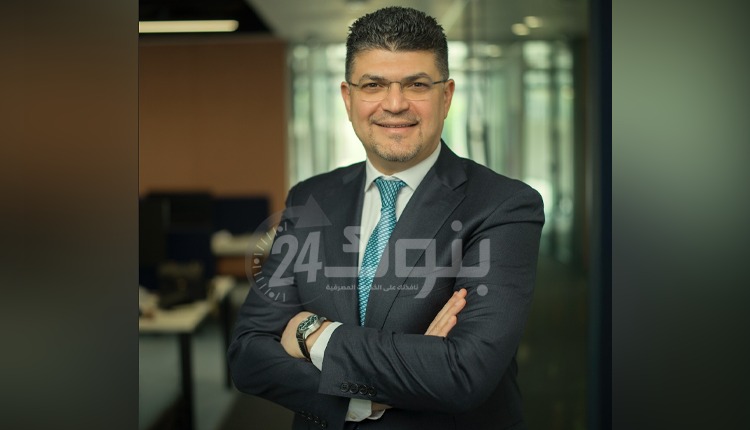Egypt’s Economic Outlook Remains Resilient Amid Global Headwinds, Says Standard Chartered

Amidst global shifts particularly in the United States, China and the Euro-area, Egypt’s economic outlook remains robust, characterised by sustained macroeconomic stability, according to Standard Chartered’s (“the Bank”) latest report, Global Focus – Economic Outlook H2-2025
Strong foreign exchange inflows from portfolio investments and official sectors are bolstering confidence in the Egyptian pound (EGP). Significant investment pledges from Qatar and Kuwait, totaling USD 12.5 billion, are expected to be at least 50% disbursed by year-end. Despite the Central Bank of Egypt’s (CBE) easing cycle, the carry trade continues to attract interest, further supported by the successful testing of FX convertibility
At the same time, the International Monetary Fund (IMF) is likely to shift its focus towards structural reforms, advocating for tighter fiscal policies and increased privatisation efforts. These reforms are set to complement Egypt’s investment inflows, laying the groundwork for sustainable growth. Standard Chartered maintains a GDP growth forecast of 4.5% for FY26, emphasising the critical role of private investment in driving Egypt’s economic recovery
“The Egyptian economy is on a promising path,” said Mohammed Gad, CEO, Standard Chartered, Egypt.“We expect the current account deficit to narrow, driven by surging remittances—up approximately 60% year-on-year in March—and a recovering export sector
While inflation remains sticky in the 13-17% range, the Bank anticipates the CBE will approach rate cuts cautiously, projecting a policy rate of 19.25% by year-end. Inflation for FY26 is forecast to average 11%, reflecting ongoing cost pressures in healthcare, food, and transport. Nonetheless, Egypt’s proactive policy measures are expected to help navigate these challenges, fostering long-term economic resilience.
The Bank has revised its global growth forecast for 2025 to 3.1%, down slightly from 3.2%, reflecting persistent downside risks primarily driven by heightened trade policy uncertainties. Despite a softening global outlook, Standard Chartered sees several bright spots. Growth in the Middle East is expected to benefit from the reversal of OPEC+ production cuts and ongoing efforts to diversify away from oil dependence. In Sub-Saharan Africa, growth is forecast at 4.1%, supported by reduced exposure to global trade volatility, though reforms remain key to unlocking full potential. Asia is projected to lead global growth at 4.9%, with the MENAP region following at 3.4%, in contrast to just 1.3% for major developed economies







